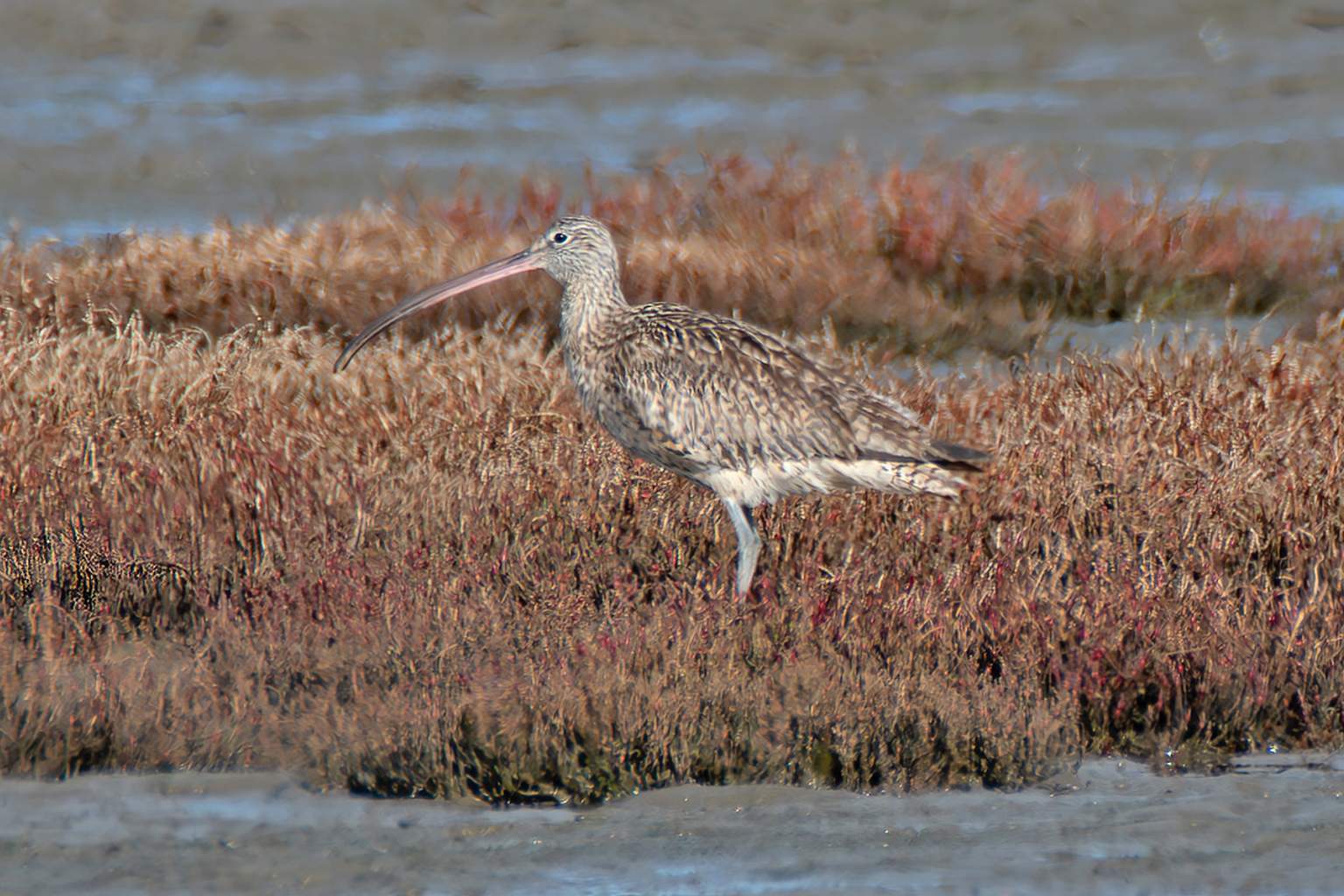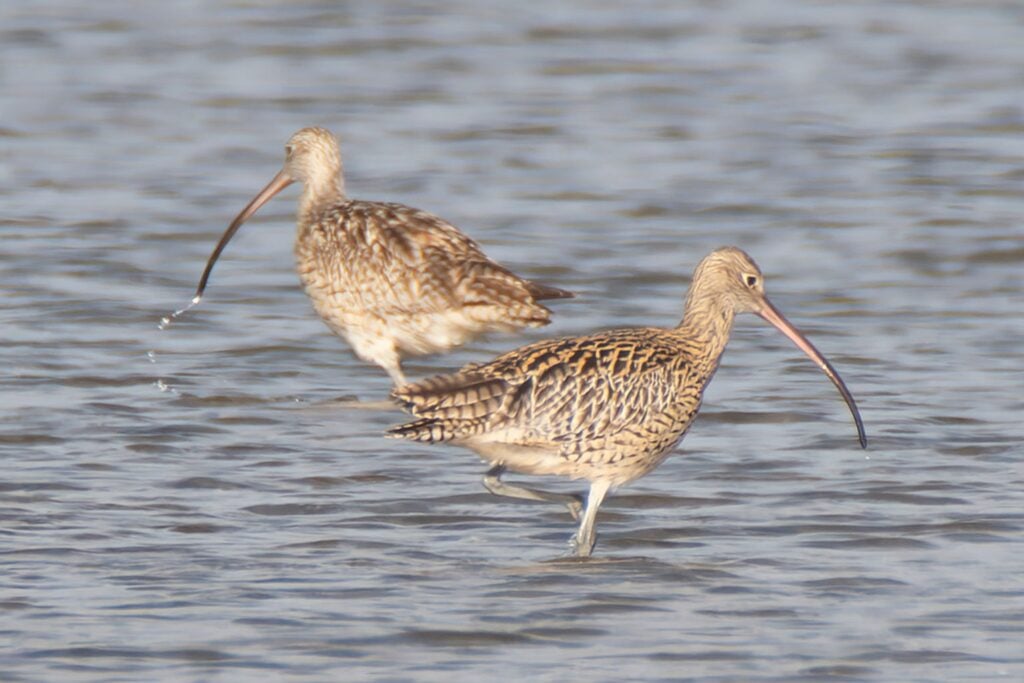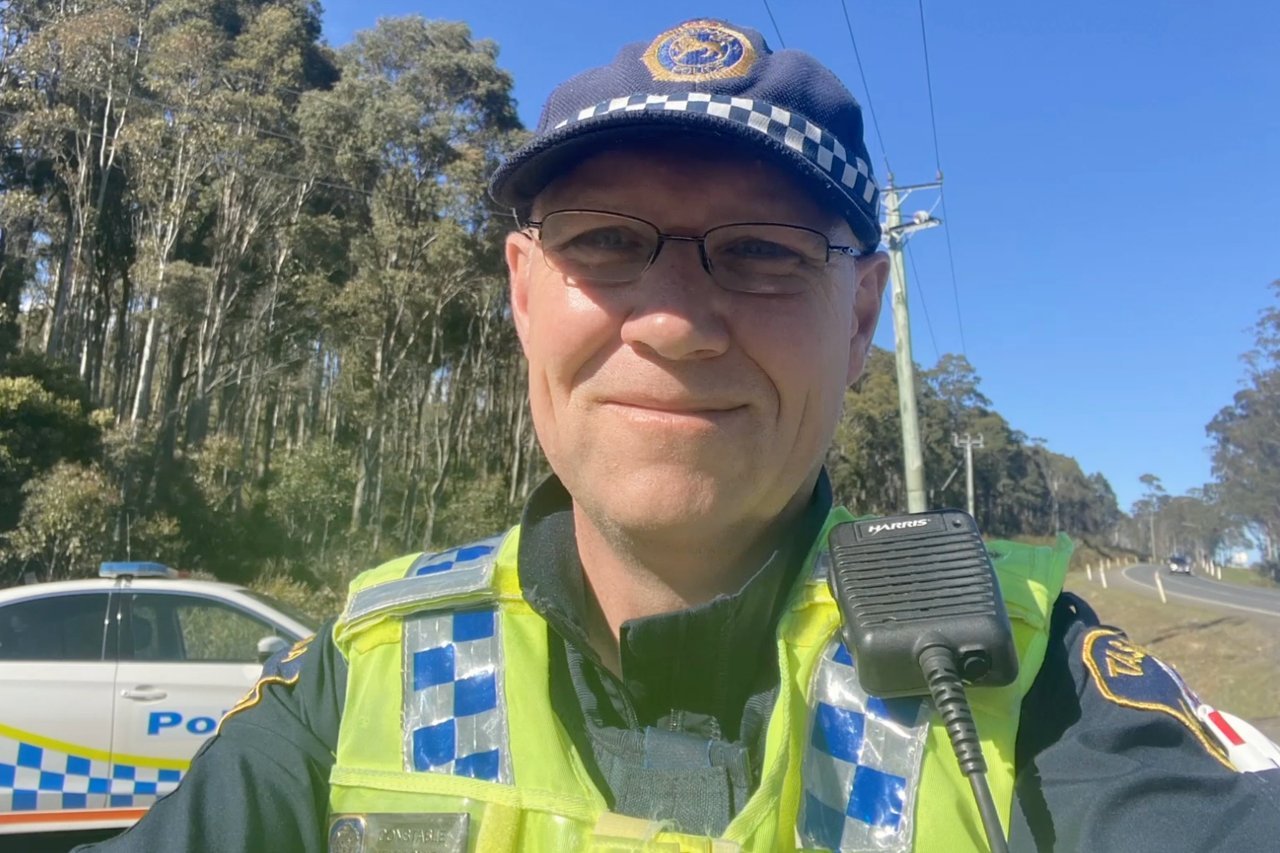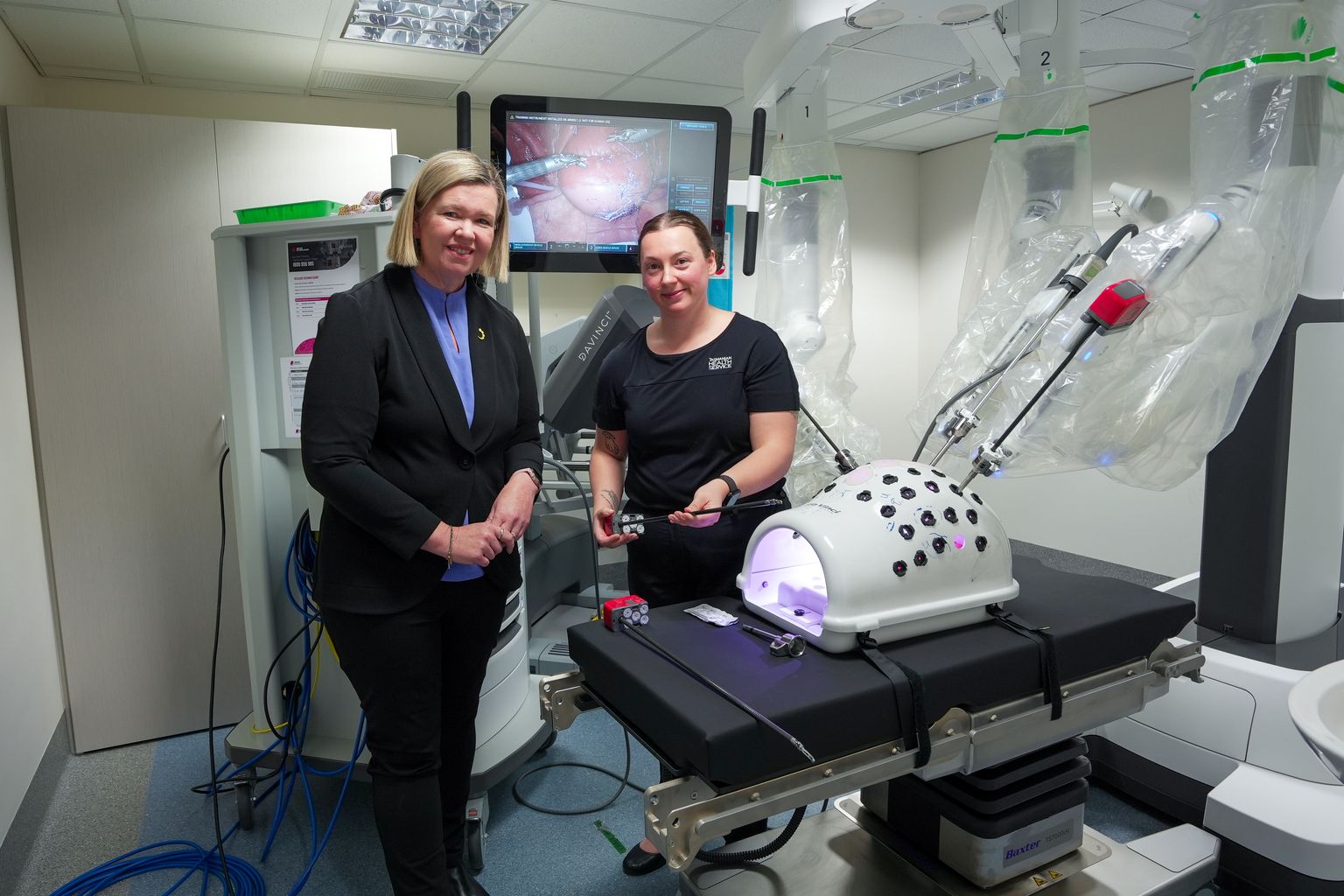Volunteer citizen scientists across Tasmania are set to help track one of the world’s most threatened migratory birds as part of an ambitious acoustic monitoring project.
The far eastern curlew, listed as critically endangered, will be tracked by its distinctive, haunting call using artificial intelligence and acoustic recorders available for loan through local libraries.
The CallTrackers project, a partnership between the not-for-profit Bookend Trust and the University of Tasmania, is expanding its wildlife monitoring work to include the threatened shorebird.
Free workshops will run from August 12 to 22 during National Science Week, giving locals hands-on training in using the technology.
Dr Clare Hawkins, a University of Tasmania adjunct researcher and citizen science coordinator at the Bookend Trust, said the project was an exciting step forward for community-based conservation.

“These curlews are the world’s largest shorebird, and they face numerous threats across the world as their migratory journey each year takes them from Australia, New Zealand and south-east Asia to breed in Russia and China,” she said.
“They fly around 10,000 km in around a week to breed.”
Traditional bird surveys can be labour-intensive and limited in scope, but acoustic monitoring runs day and night, picking up sounds in remote areas researchers might rarely visit.
AI software then identifies and classifies the calls, building a database of bird activity across different locations and seasons.
“Community members can register to become a CallTracker online and book acoustic recorders to set up at selected locations,” Hawkins said.
“They can then upload their recordings onto the British Trust for Ornithology’s Acoustic Pipeline software, which uses automatic recognisers to identify the Curlews and other species by their calls.”







